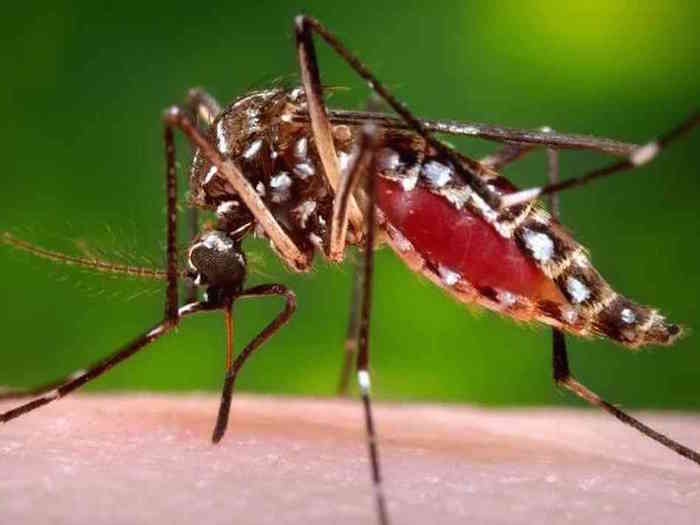Although bad breath happens to the best of us, it’s an embarrassing topic for many. No one enjoys being told their breath stinks, and it’s equally (if not more) difficult to tell someone else that they need a mint.
Drink plenty of water
A moist mouth is inhospitable to the bacteria responsible for bad breath. Water also dilutes the concentration of VSCs, making them weaker and less pungent.
Brush and floss regularly
Brush and floss as soon as possible after meals to minimize the amount of bacteria in your mouth. Buy a tongue scraper to reduce the amount of bacteria even more.
Treat any existing oral diseases
See your dentist regularly, especially if you suspect any type of oral disease, periodontal problem or infection.
Eat crunchy fruits and vegetables
Chewing apples, celery and cucumber helps keep your mouth naturally clean by removing food particles and plaque while you eat. They also increase saliva flow to keep your mouth moist.
Cut out coffee
Coffee leaves a film on your tongue that blocks oxygen, creating the perfect environment for bacteria growth. Switch to tea if you need a caffeine fix.
Chew sugarless gum
Chewing gum will help keep your mouth moist and increase saliva flow. Because the bacteria in your mouth easily break down most sugars into VSCs, choose sugarless gum and say no to mints that contain sugar.
Eat yogurt
Some research shows that eating one serving of yogurt daily can reduce the amount of odor-causing particles, including bacteria, in the mouth.
Get your vitamins
Vitamin D creates an inhospitable environment for bacteria. Enjoy plenty of vitamin D-fortified foods
(such as milk and other dairy products). Vitamin C
(found in berries melons and citrus fruit) also makes your mouth inhospitable to bacteria, but can also help prevent two other causes of bad breath—gum disease and gingivitis.





Be the first to comment